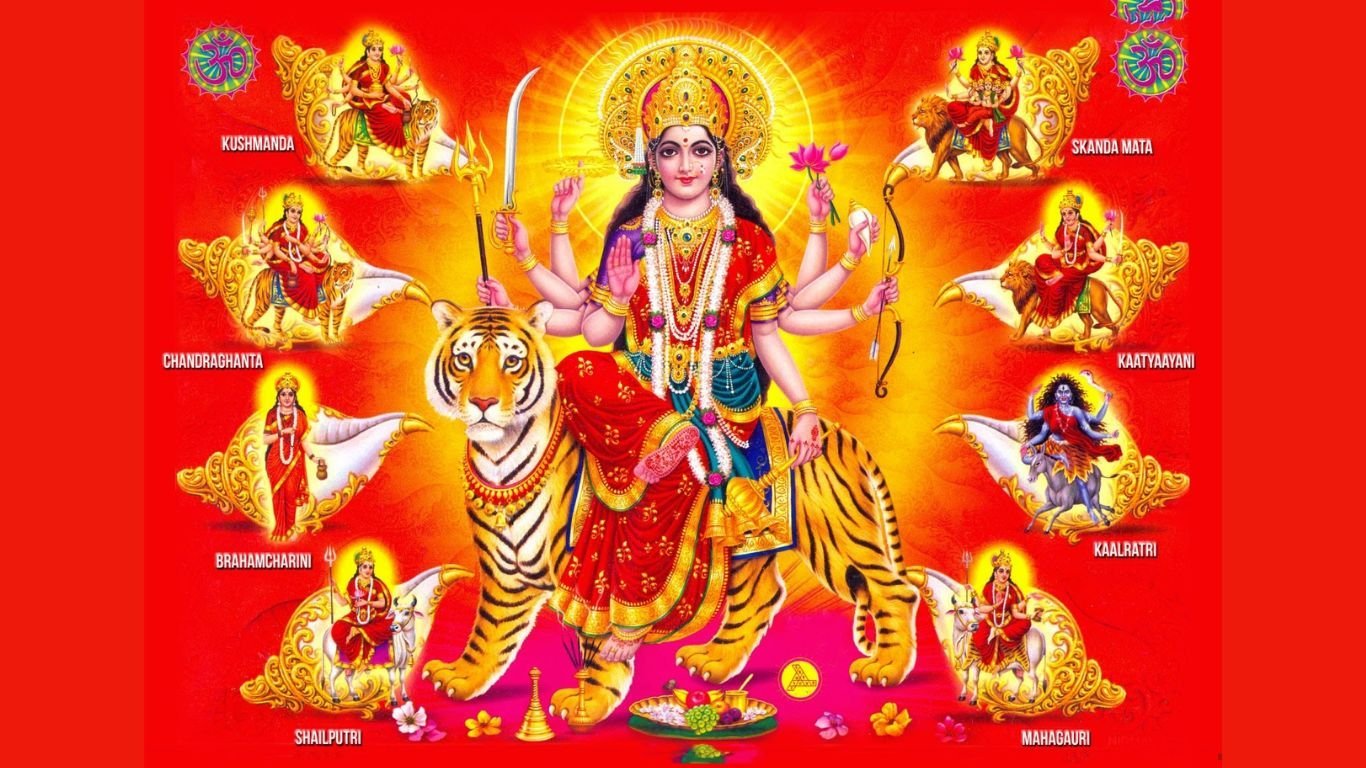Introduction: The Spirit of Navratri
Navratri is one of the most sacred and widely celebrated Hindu festivals in India and across the world. The word Navratri comes from Sanskrit—Nav meaning nine, and Ratri meaning nights. It is a festival of nine nights dedicated to Goddess Durga and her nine forms, each symbolizing divine strength, feminine energy (Shakti), and victory of good over evil.
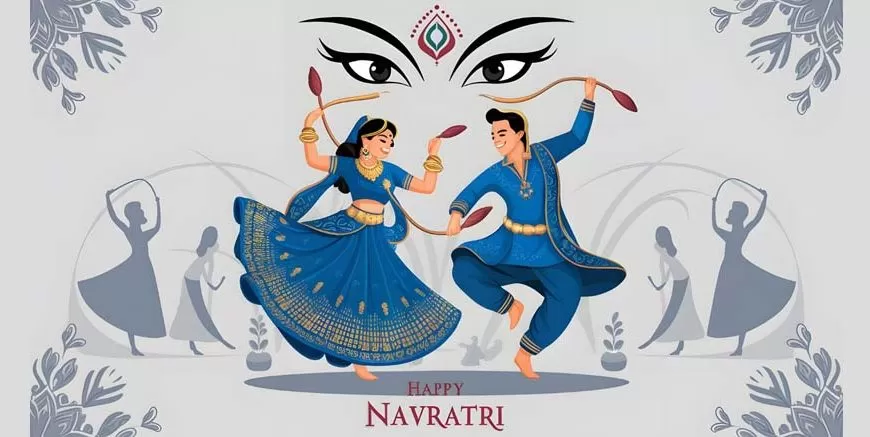
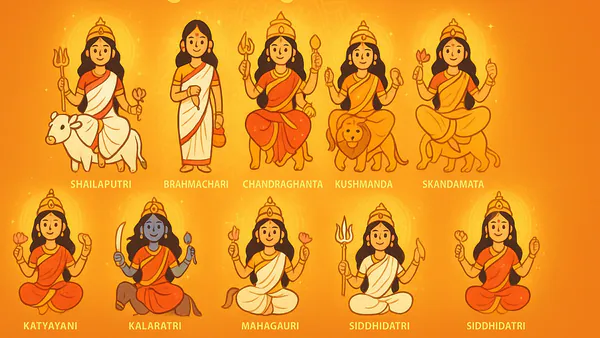
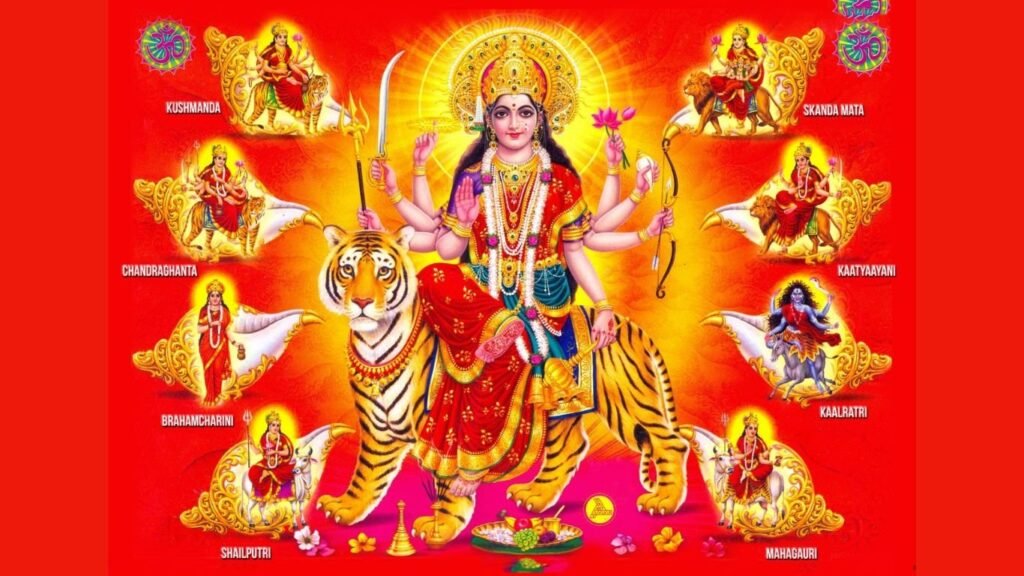
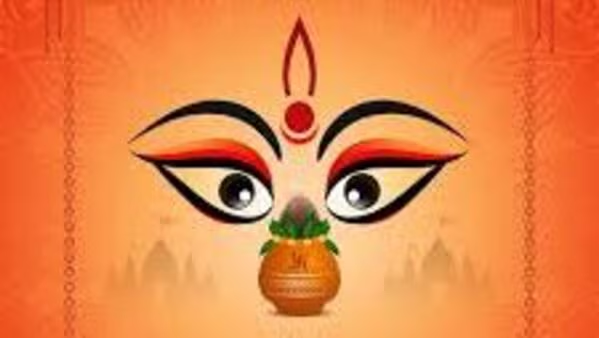
While Navratri is deeply spiritual, it is also cultural and social—filled with vibrant dances like Garba and Dandiya Raas, devotional songs, traditional fasting recipes, and community gatherings. Millions of devotees observe fasting, special prayers, rituals, and lifestyle changes during these nine days.
But true devotion requires preparation. To celebrate Navratri in its full spirit, one must prepare physically, mentally, spiritually, and even at home. This guide provides a detailed explanation on how to do preparation for Navratri, ensuring you experience the festival with devotion, discipline, and joy.
Understanding the Importance of Navratri
The Mythological Background

Navratri is celebrated to honor Goddess Durga’s victory over the demon Mahishasura, symbolizing the triumph of good over evil. Each of the nine days is dedicated to a different form of the Goddess: Shailaputri, Brahmacharini, Chandraghanta, Kushmanda, Skandamata, Katyayani, Kalaratri, Mahagauri, and Siddhidatri.
Types of Navratri
There are four Navratris in a year: Chaitra, Sharad, Magha, and Ashadha. Among these, Chaitra (spring) and Sharad (autumn) are the most widely celebrated. Sharad Navratri, falling around September–October, is considered the grandest.
Why Preparation Matters
Navratri is not just about rituals but also about cleansing body, mind, and soul. Preparing properly allows devotees to align their energy, maintain discipline, and observe fasting and rituals with devotion.
Spiritual Preparation for Navratri
- Mental Purification
- Begin by adopting a positive mindset.
- Let go of anger, jealousy, and negativity.
- Practice meditation to build inner calmness.
- Setting Intentions
- Decide the purpose of your Navratri observance. Is it spiritual growth, gratitude, or personal discipline?
- Write down your intentions and dedicate your prayers to them.
- Daily Puja Practice Before Navratri
- Start chanting mantras like Om Dum Durgayei Namaha daily before Navratri.
- Read Durga Saptashati or Devi Bhagavatam verses to build spiritual connection.
Home Preparation for Navratri
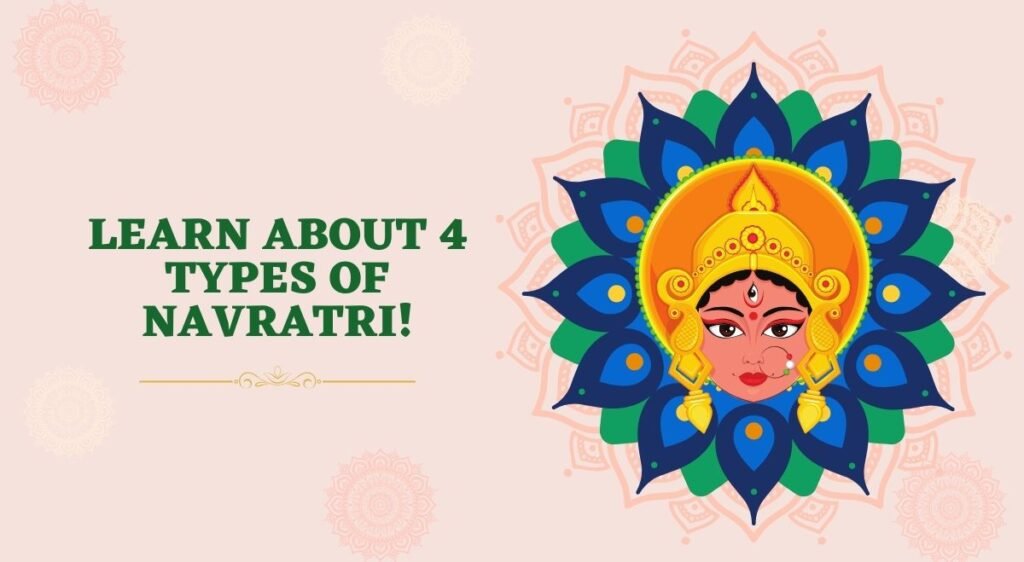
- Cleaning the House
Just like Diwali, Navratri begins with cleanliness. A clean home invites positive energy and blessings of the Goddess.- Dust and deep-clean your home.
- Remove unused or negative items.
- Decorate the prayer space with flowers and lights.
- Setting Up the Puja Room
- Place a photo or idol of Goddess Durga.
- Prepare a Kalash (sacred pot) filled with water, mango leaves, and a coconut.
- Keep a red cloth to cover the altar, as red is considered auspicious.
- Stocking Puja Items
Prepare items in advance:- Incense sticks, camphor, ghee lamps
- Kumkum, turmeric, rice
- Flowers, fruits, sweets
- Navratri-specific offerings like suji halwa, kheer, or sabudana dishes
Dietary Preparation for Navratri Fasting
Fasting is a major aspect of Navratri, but it is not about starving—it is about cleansing and eating satvik food.
Foods Allowed During Navratri
- Sabudana (sago)
- Kuttu (buckwheat flour)
- Singhara (water chestnut flour)
- Samak rice (barnyard millet)
- Potatoes, sweet potatoes, pumpkin, bottle gourd
- Fruits and dry fruits
- Rock salt instead of regular salt
- Milk, yogurt, paneer
Foods to Avoid During Navratri
- Wheat and rice
- Onion and garlic
- Non-vegetarian food
- Alcohol and processed foods
Planning the Navratri Diet
- Prepare meals in advance to avoid stress during fasting.
- Keep healthy snack options like fruits, makhana, and dry fruits.
- Drink plenty of water and herbal teas.
This ensures energy is sustained while keeping the body detoxified.
Ritual Preparations for Navratri

Each day of Navratri has a special significance and ritual:
- Day 1 (Shailaputri): Ghatasthapana (Kalash sthapana) marks the beginning.
- Day 2 (Brahmacharini): Devotees worship for wisdom and discipline.
- Day 3 (Chandraghanta): Prayers are offered for strength and protection.
- Day 4 (Kushmanda): Worship brings energy and positivity.
- Day 5 (Skandamata): Devotion focuses on motherhood and compassion.
- Day 6 (Katyayani): Prayers are for courage and love.
- Day 7 (Kalaratri): This fierce form of the Goddess removes fear.
- Day 8 (Mahagauri): Symbolizes purity, leading to spiritual clarity.
- Day 9 (Siddhidatri): Blessings are received for knowledge and success.
Preparation means arranging all items beforehand so daily rituals flow smoothly.
Cultural and Social Preparations
- Garba and Dandiya Nights
- Arrange traditional outfits like chaniya choli, lehenga, or kurta-pajama.
- Prepare playlists or live music for Garba.
- Organize community halls and events.
- Fasting Feasts (Vrat Bhojan)
- Families prepare fasting-friendly meals and sweets.
- Community gatherings promote unity and celebration.
- Charity and Service
- Many people prepare for Navratri by planning daan (donations) for the poor.
- On Ashtami or Navami, girls (Kanya Pujan) are worshipped as forms of Goddess Durga and offered food and gifts.
Physical and Lifestyle Preparation
- Detox Before Navratri
- Cut down on junk food, caffeine, and heavy meals a week before Navratri.
- Include more fruits and water for cleansing.
- Clothing and Attire
- Each day of Navratri has a color (blue, yellow, green, red, etc.). Prepare outfits according to these colors for added devotion.
- Rest and Balance
- Ensure enough sleep so you can wake up early for puja.
- Avoid late-night distractions during this spiritual time.
Emotional and Community Preparation

Navratri is not just a personal festival—it’s also social. Preparing means connecting with family, friends, and community. Invite relatives for puja, share fasting meals, and participate in group prayers. This collective spirit strengthens both faith and relationships.
Navratri for Children and Families
Preparing children for Navratri is important to pass on traditions. Teach them:
- Simple stories of Goddess Durga
- Easy chants and prayers
- The importance of respect, kindness, and discipline during the festival
The Modern Way to Prepare for Navratri
Even in cities with busy lifestyles, one can prepare by:
- Ordering puja samagri online in advance
- Joining virtual satsangs and aarti sessions
- Using digital calendars to track daily rituals
- Balancing work and fasting with simple satvik meals
Conclusion: Navratri Preparation as a Path of Devotion
Preparing for Navratri is more than organizing rituals or fasting—it is a holistic transformation. It means cleansing your home, purifying your body, disciplining your mind, and uplifting your soul. It means reconnecting with tradition, family, and community.
When you prepare for Navratri with devotion, you align yourself with Goddess Durga’s divine energy. These nine nights then become not just a festival but a journey of spiritual growth, discipline, and joy.
So this year, as you prepare for Navratri, remember: devotion, discipline, and dedication are the true ingredients of celebration.

